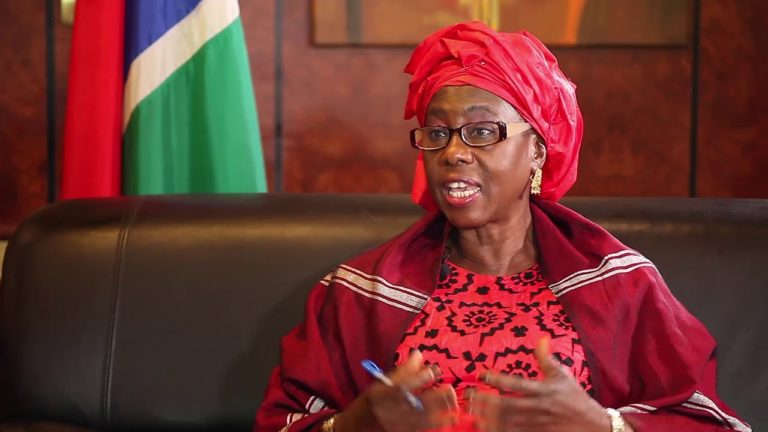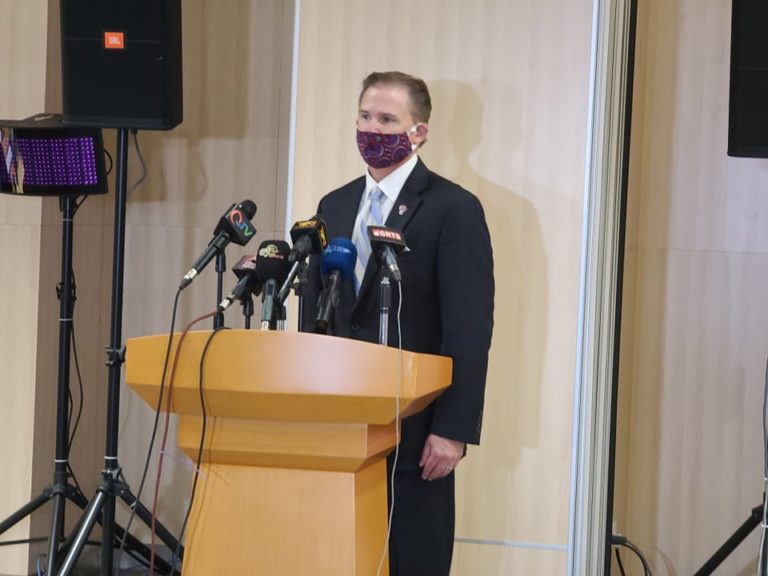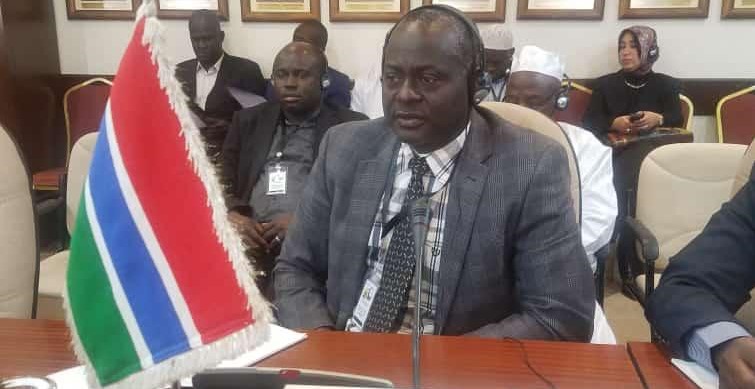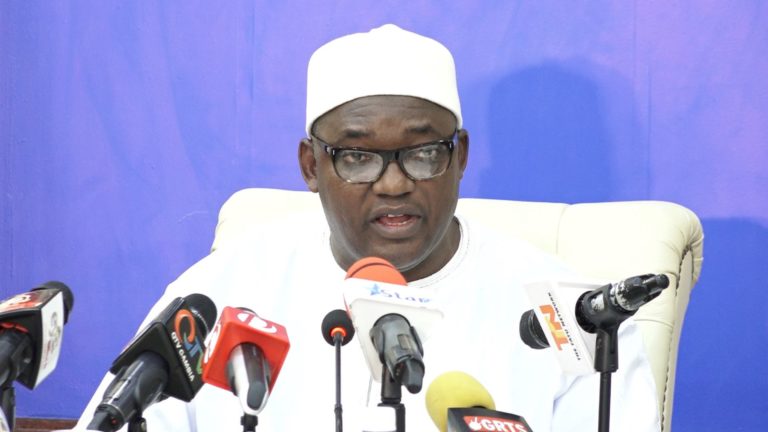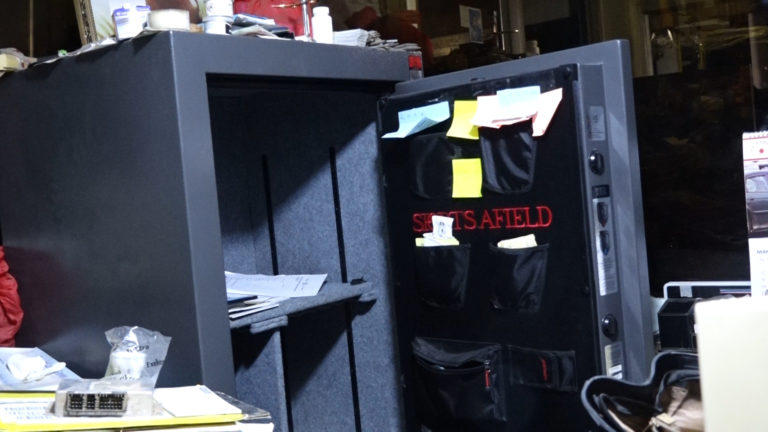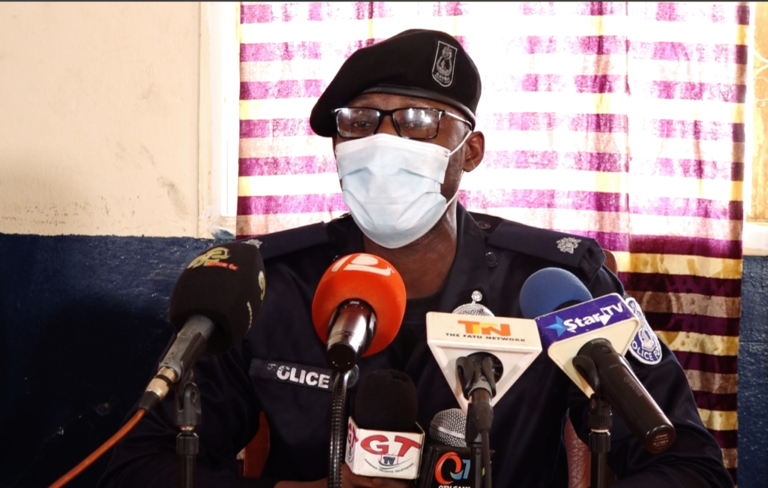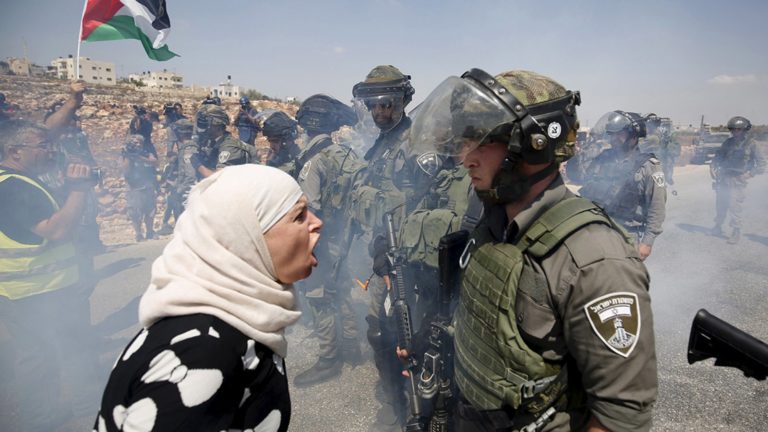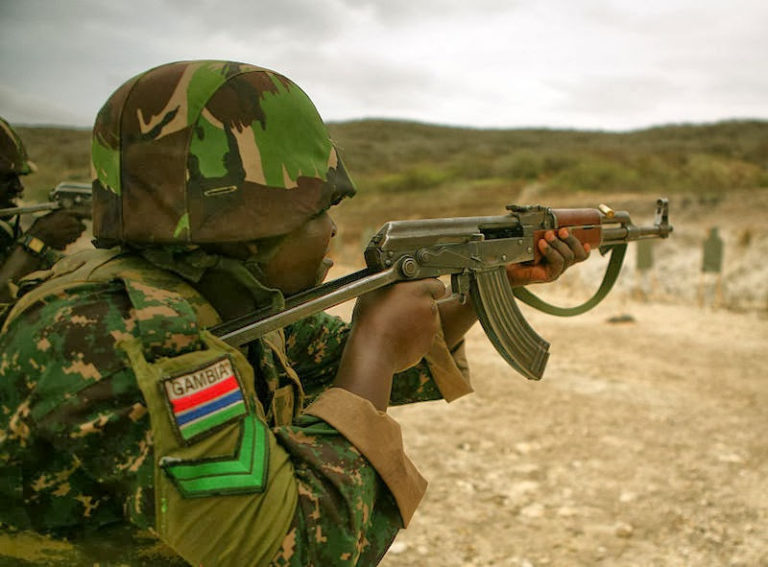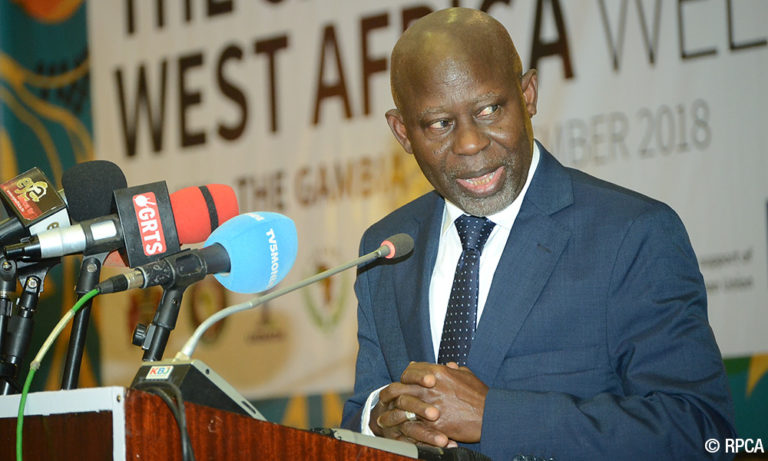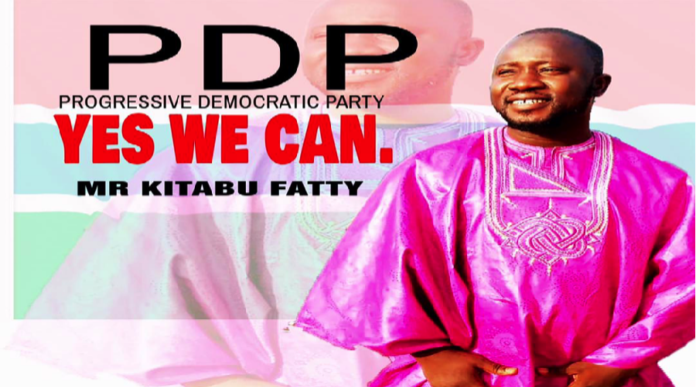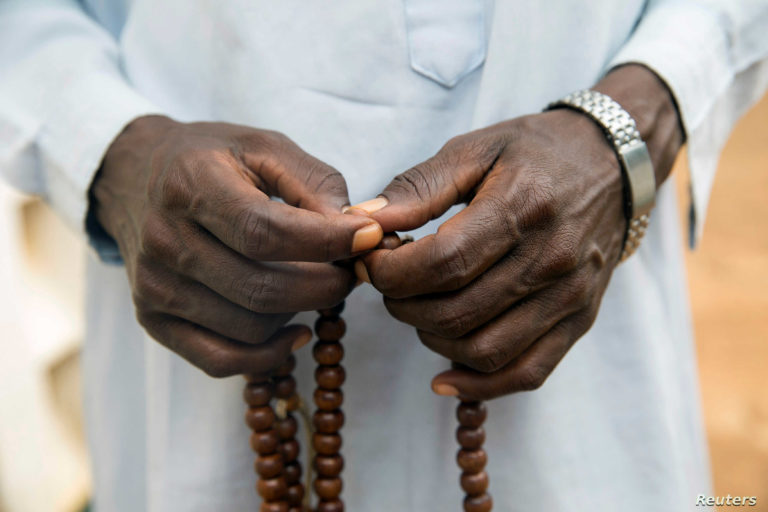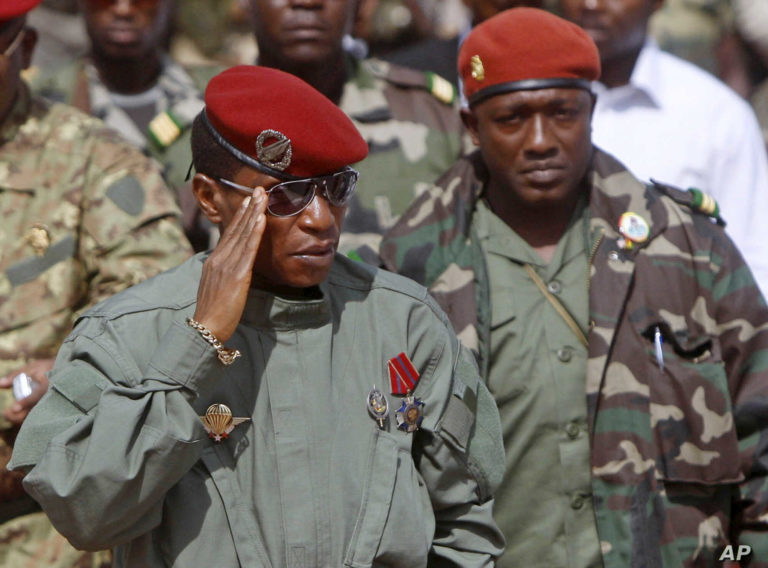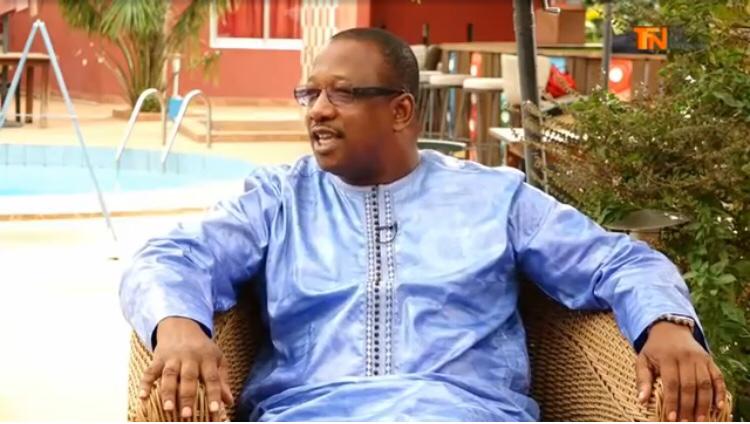The Gambia has made notable progress in many health and development indicators, according to the just-released 2019-20 Demographic and Health Survey (GDHS).
The 2019-20 GDHS is the second DHS survey implemented in the country, following the survey in 2013.
The survey results, released today at a national seminar in Banjul organised by the Gambia Bureau of Statistics, show notable improvements in maternal and child health in The Gambia, but important challenges remain.
“The 2019-20 Gambia Demographic and Health Survey provides representative results of key health indicators. We are proud to see so much progress towards achievement of the Sustainable Development Goals, and the Government of The Gambia, together with our development partners will use these findings to guide policy and programmatic decisions to ensure healthy lives for all Gambians,” says Nyakassi M.B. Sanyang, Statistician-General at GBOS, according to a press release. Nyakassi M.B. SanyangStatistician-GeneralGambia Bureau of StatisticsNyakass
The total fertility rate in The Gambia has fallen by more than one child since 2013. Currently, women have an average of 4.4 births in their lifetime, compared with 5.6 in 2013. During the same time period, use of modern methods of family planning has more than doubled, from only 8% of married women in 2013 to 17% in 2019-20. Injectables and implants are the most commonly used methods among married women.
Progress in child health has been more uneven. Vaccination coverage has increased in recent years. Currently 85% of children age 12-23 months have received all basic vaccines, up from 76% in 2013. And fewer children are under-nourished or anaemic. Stunting in children, a sign of chronic malnutrition, has dropped from 25% to 18%. Anaemia prevalence has also declined, from 73% of children age 6-59 months in 2013 to 45% in 2019-20. Still, these improvements do not correspond with trends in childhood mortality. Under-five mortality has remained stable since 2013, at 56 deaths per 1000 live births. This means that about 1 in 18 children in The Gambia do not survive to their fifth birthday. Neonatal and infant mortality have increased slightly since 2013.
Gambians are making progress towards a malaria-free future. More than three-quarters of households in The Gambia own at least one insecticide-treated net (ITN). More than half of pregnant women now receive at least 3 doses of SP/Fansidar to prevent malaria, up from only 6% in 2013. The 2019-20 GHDS included malaria testing among children age 6-59 months. Fewer than 1% tested positive for malaria by rapid diagnostic test (RDT).
While the 2019-20 GDHS reports progress in many areas, challenges remain, particularly in the area of women’s empowerment and spousal violence. More than 1 in 3 (39%) ever-married women have experienced spousal violence by their current or most recent husband or partner, whether physical, sexual, or emotional violence. Nearly three-quarters of women age 15-49 in The Gambia have been circumcised. The practice may be becoming less common: 46% of girls age 0-14 are circumcised. Less than half of women and men believe that female genital cutting should continue.
The 2019-20 GDHS provides up-to-date estimates of basic demographic and health indicators at the national level, for urban and rural areas separately, and for each of the 8 Local Government Areas (LGAs). A total of 11,865 women age 15-49 and 4,636 men age 15-59 were interviewed, representing a response rate of 95% of women and 87% of men. The 2019-20 Gambia Demographic and Health Survey (2019-20 GDHS) was implemented by the Gambia Bureau of Statistics (GBoS). The funding for the GDHS was provided by United States Agency for International Development (USAID), the United Nations Population Fund (UNFPA), the United Nations Children’s Fund (UNICEF), the United Nations Development Programme (UNDP), the World Health Organization (WHO), ActionAid International The Gambia, the Network Against Gender Based Violence, the National Nutrition Agency (NaNA), and The Government of the Republic of The Gambia. ICF provided technical assistance through The DHS Program, a USAID-funded program that supports the implementation of population and health surveys in countries worldwide.
Additional information about the 2019-20 GDHS may be obtained from GBOS, Kanifing Institutional Layout, P.O. Box 3504, Serrekunda, The Gambia; telephone +220-437-7847.


